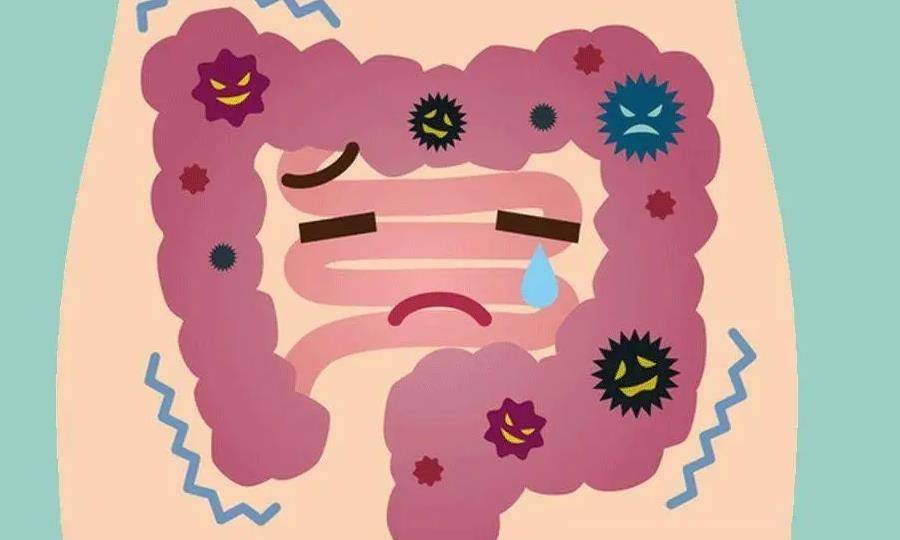
How many years can you live after colon cancer surgery?Survival after colon cancer surgery depends on a variety of factors, including the stage of the cancer, how successful the surgery was, the patient's age and health, treatment options, and more.
Generally speaking, colon cancer detected early has a higher survival rate after surgery and can live for more than 10 years, while colon cancer detected late has a lower survival rate after surgery and may only live a few months to a few years.
Therefore, it is important to detect and treat colon cancer early.

So what are the stages of colon cancer?Colon cancer is staged based on how far and how deeply the cancer has spread, usually using the TNM staging system. The TNM staging system includes the following three aspects:
T stage: Describes the depth and extent of tumor invasion and is divided into four stages: T1, T2, T3, and T4.
N stage: Describes whether the cancer has spread to lymph nodes and is divided into three stages: N0, N1, and N2.
M stage: Describes whether the cancer has spread to other areas and is divided into two stages: M0 and M1.
Based on the staging results of these three aspects, the overall stage of colon cancer can be determined. The overall staging of colon cancer is divided into five stages: 0, I, II, III, and IV, with stage 0 indicating early-stage cancer and stage IV indicating late-stage cancer.
The article is not finished. Click on the next page to continue.
The article is not finished. Click on the next page to continue.
Next page


















